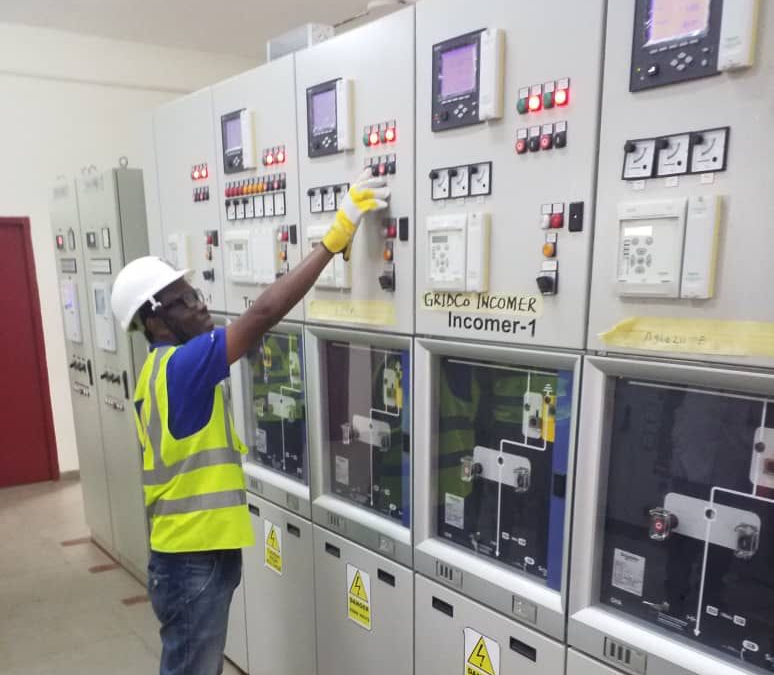Economist Professor Godfred Alufar Bokpin says the power distribution system, particularly the Electricity Company of Ghana (ECG), is heading toward collapse without urgent reforms and private sector participation.
Speaking on Newsfile on Saturday, May 17, Prof. Bokpin said the current model of ECG operations is unsustainable and cannot support the country’s development ambitions, including the proposed 24-hour economy.
“I’ve said it before that apart from irresponsible mining, including illegal mining, what causes me sleepless nights is the energy sector,” he said.
“Given the two main political parties that have had an opportunity to manage that sector, we can no longer do politics with it.”
Prof. Bokpin pointed to the performance of both the NDC and NPP governments, noting that both have confronted similar challenges in the sector.
“They are all saying the same thing — that there are fundamental issues that need to be resolved. That gives me comfort, because we are at a stage where politicisation doesn’t help.”
He revealed that distribution losses on ECG’s books are dangerously high.
“It’s about some 40%, which is very high. Even if you are doing 15%, it is very high. With that level of losses, you cannot talk about realistic pricing. You cannot pass on all those losses to the ultimate consumer.”
Collection losses, he noted, are another major concern.
“We are looking at close to 15% again. That’s above the world average, and it’s not sustainable.”
Beyond technical and commercial losses, he also raised concerns about unpaid bills by government institutions.
“There are ministries, departments and agencies. You heard the minister saying it’s about time they take responsibility for their energy consumption,” he said.
“Somebody once reminded me, have I noticed where ice blocks come from in this country for pure water sellers? Somebody said, probably from police stations. I’m not saying it’s true. But all these sensitive installations that are not paying for electricity — there is no way we can see a future in this direction.”
He questioned the feasibility of government’s 24-hour economy vision when the current 8-hour economic cycle is already strained by power supply issues.
“Here you have a government talking about a 24-hour economy. You are not even getting power for your 8-hour economy.”
Prof. Bokpin strongly advocated for private sector participation in power distribution and collection, but not necessarily the sale of ECG.
“Government can still be the sole shareholder of ECG, but we should be able to invite the private sector in the distribution of power and collection. This will require them to bring in capital and efficiency.”
He acknowledged there are internal issues within ECG, including poor procurement practices and political interference.
“If you put all these things together and look at internal issues with ECG, procurement, management, interference, I think we are at the point where we should all support government in some kind of private sector participation.”
He linked the urgency of reform to Ghana’s current IMF-supported program, under which the government has clear structural benchmarks.
“I believe there are structural reforms under the IMF-supported program with respect to how ECG ought to be managed. There are clear indicators that government has to meet.”
Prof. Bokpin said a cabinet decision is pending on the matter and urged transparent communication.
“I know cabinet has to take a decision on ECG in terms of private sector participation. Government must communicate this clearly to Ghanaians.”
DISCLAIMER: The Views, Comments, Opinions, Contributions and Statements made by Readers and Contributors on this platform do not necessarily represent the views or policy of Multimedia Group Limited.
DISCLAIMER: The Views, Comments, Opinions, Contributions and Statements made by Readers and Contributors on this platform do not necessarily represent the views or policy of Multimedia Group Limited.


